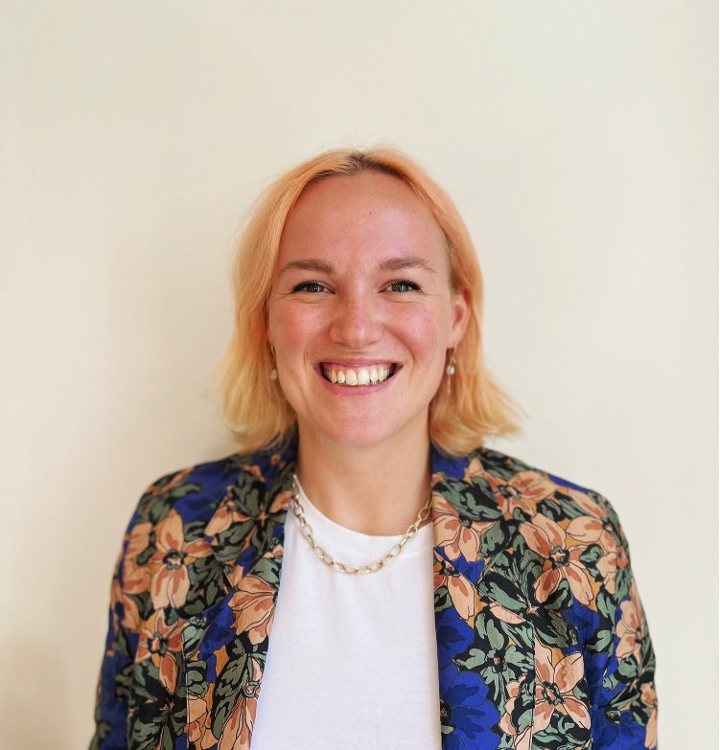Diasporic Bodies: An exploration of body image and body belonging among first and second generation Chinese Canadian women
This research seminar will unpack preliminary findings from a project exploring how body image interacts with diasporic identities and transnational belonging. Semi-structured interviews were conducted with 32 first and second generation Chinese Canadian women to explore their everyday embodied experiences and to map out (spatially) how different social and material atmospheres (online/offline) create different experiences of body image and of belonging. The notion of ‘diasporic bodies’ is mobilised as a critical concept and theoretical framework to capture the shifting and dynamic quality of participant’s embodied experiences as they move in and between spaces such as the home, public spaces (the street, the gym, work/university) and their social media feeds. The findings explore the multiple (often conflicting) body ideals that shape first and second generation Chinese Canadian women’s notions of body belonging, before moving on to consider three distinct socio-material spaces that emerged from the analysis as particularly significant for this diasporic group; 1) body talk in the home, 2) globalised mobilities and belonging 3) digital diasporas.
 Dr. Hester Hockin-Boyers is an Assistant Professor in the Department of Sport and Exercise Sciences at Durham University whose research broadly coheres around exercise, health and digital spaces, sociology of the body, and gender.
Dr. Hester Hockin-Boyers is an Assistant Professor in the Department of Sport and Exercise Sciences at Durham University whose research broadly coheres around exercise, health and digital spaces, sociology of the body, and gender.
Hester’s recently published work has covered topics such as; how exercise is constructed as ‘normal’ or ‘pathological’ in the context of eating disorder recovery, transformation photos on Instagram, and the interaction between women’s mental health and social media use. She is currently working on a UKRI/Mitacs grant project with colleagues in the School of Kinesiology (Moss Norman, Patricia Vertinsky and Aishwarya Ramachandran) exploring how ‘diasporic identities’ shape personal experiences of the body. The project piloted a new digital method, developed by Hester, called ‘content elicitation’, which seeks to capture the dynamic, mobile and everyday nature of interactions with digital content.